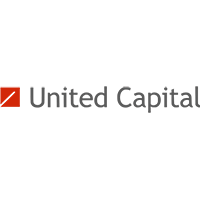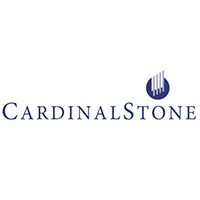ARDOVA | Ardova Earnings Update HY-2021 : Improved margin efficiency propels bottomline

Major downstream player ARDOVA ("the company or the firm” from henceforth) released its unaudited financial result for H1-2021. It was evident to note, that the rebound in economic activities and improved margin efficiency drove double-digit y/y bottomline growth for the major petroleum product marketer. Revenue declined marginally by 0.6% y/y to N86.7bn in H1-2021, Cost margin improved to 91.5%, in H1-2021 from 94.9% in H1-2020, due to increased Lubricants sales and improved economies of scale. Furthermore, improved margin efficiency boosted Gross profit and Operating profit by37.8% and 188.3% y/y to print at N7.4bn and N2.6bn, respectively. Overall, the company recorded a Profit before and after tax of N2.6bn and N1.7bn respectively (vs Profit before and after-tax of N1.1bn and N1.0bn respectively in H1-2020). Earnings per share (EPS) increased to N1.36 in H1-2021, from N0.78 in H1-2020. Below, we highlight key details of the downstream operator’s performance and our expectations for H2-2021 and beyond.




